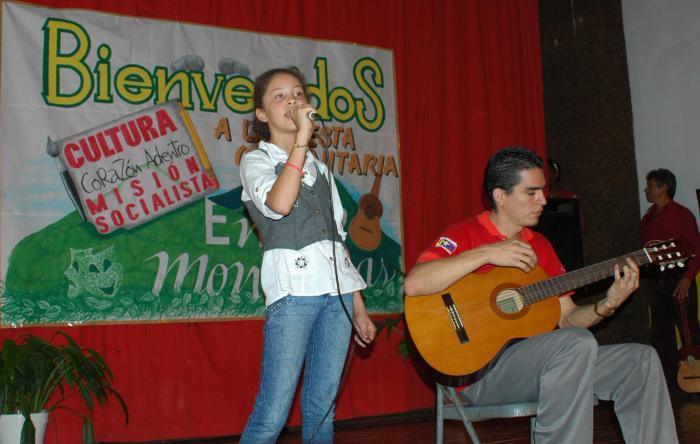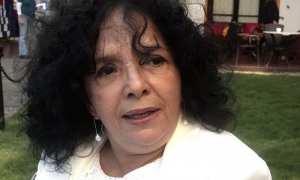
Many times I have heard that "the youth" must be attracted by talking to them about what they "like", in the terms they like, etc. It is as if we assume that what young people "like" is an essentially universal good, I mean, fair. What happens is that this approach is naïve and entails a risk, because in the end, what is it that young people like and where does this mode of subjectivization take place?
In the world we live in, tastes are also produced by very powerful, cross-linked, cultural, media and communicational ideological devices, etc., which can have a very harmful message. Their purpose is idiotization and young people are one of their favorite target audiences. Imagine how useful it is for capitalism to form a mass of young people dreaming of brands and consumption, without questioning anything that happens around them in the regions where it exploits the most.
With the appearance of the virtual environment, Cuba is not on the sidelines. I prefer to approach things this way: youth must be motivated to think critically in the face of those devices of surveillance and pedagogy of banality, cultural homogenization, consumerism and violence. All of them are mechanisms of cultural colonialism.
We must listen to young people, get to know them, understand the contradictions they express, pay attention to their ways of representing things, but it is not necessarily a matter of talking to them about what they "like" and that is it, which is the easiest way. It will be changing the function of educating for the work of propagandists of the status quo.
What is difficult is to provoke them to look at what they had not seen yet, to invite them to love their culture, which is attacked daily, to show them with passion the values that forged the history of our nation and our continent, which are the values of equality, justice and freedom.
This is a challenge. It demands a lot of innovation and ingenuity, not just talking to them about what they want to hear (as Cortázar says, it is easy to be famous), but urging them to think against the tide.
They, the neo-colonizers, have resources at their disposal and they use them to exhaustion. We have a public mass media system. We have every classroom in our schools and universities. We also have a presence in digital social networks. How are we using them to educate against the current?
In the face of the invasion we are witnessing, our curricula at all levels, our media, even our networks, are lacking in more radically anti-colonialist social thinking. Let not the fear of "being boring and overwhelming" paralyze us. We must speak of what is important with love, with wit, with terms adjusted to these times, but we must speak. It is beautiful and vital what is hidden in the life of our peoples and in the culture that has remained as a historical record.
What they "like" is a social production and we have to dispute the hegemony in this respect.
Translated by ESTI






